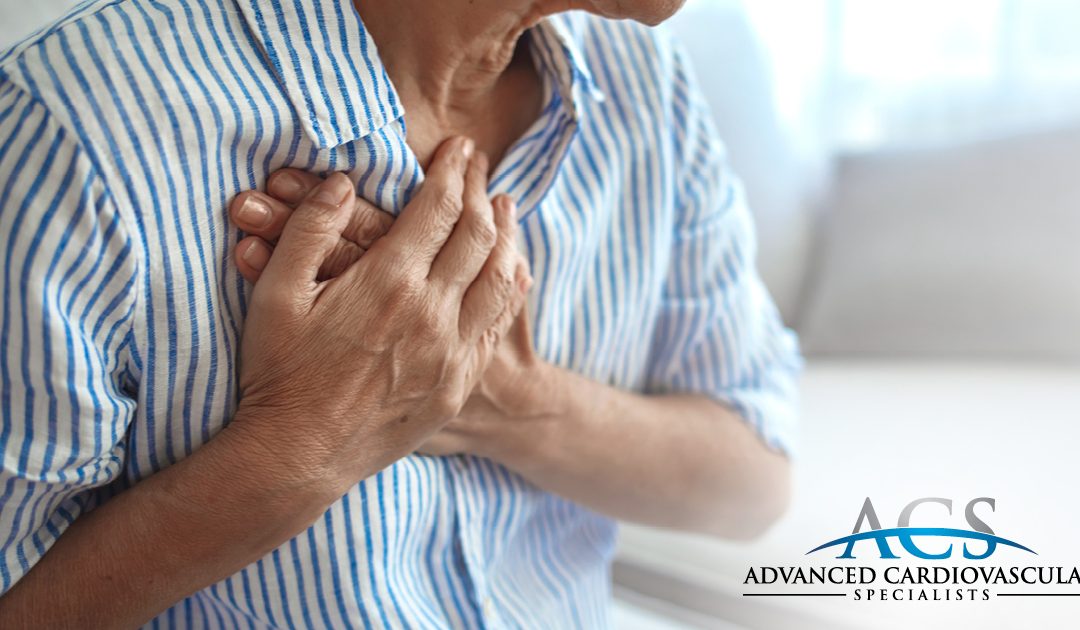Heart disease is the leading cause of death in the United States. While adopting a heart-healthy lifestyle can help prevent heart problems, it doesn’t eliminate all risk. Age, family history and other medical conditions can all increase your risk for heart disease: factors that often cannot be avoided. Addressing these risk factors and conditions early significantly improves outcomes. This is why it’s important to be aware of the most prevalent heart issues and their symptoms.
Common Heart Conditions To Be Aware Of
- Coronary Artery Disease (CAD): The most common type of heart disease, occurring when the arteries supplying blood to the heart become narrowed or blocked.
- Heart Failure: A condition where the heart muscle does not pump enough blood to meet the body’s needs.
- Arrhythmias: Abnormal heart rhythms characterized by a heartbeat that is too fast, too slow or irregular.
- Heart Valve Disease: Develops when one or more of the heart’s four valves malfunction, disrupting the normal flow of blood between the heart’s chambers.
- Cardiomyopathy: A disease of the heart muscle, which can weaken the heart and affect how well it pumps blood.
- Congenital Heart Disease: Refers to a range of heart defects that are present at birth, affecting the heart’s structure or function.
- High Blood Pressure (Hypertension): A condition where the force of blood pushing against the artery walls is consistently too high. This increased pressure makes the heart work harder to pump blood, increasing the risk of heart disease and stroke.
- Heart Attack (Myocardial Infarction): A medical emergency that occurs when blood flow to a part of the heart is suddenly blocked (typically by a blood clot), causing heart muscle damage.
- Stroke: Occurs when blood supply to the brain is blocked by a blood clot or a blood vessel rupture. The damage caused by a stroke can cause significant physical and cognitive impairment.
- Cardiac Arrest: A sudden loss of heart function where the heart stops beating unexpectedly. This immediately halts blood flow to the brain and other organs, leading to brain damage and death if not treated promptly.
Signs And Symptoms To Look Out For
How do you know if there is a problem with your heart? The answer is that it varies. Some serious conditions (like a silent heart attack or high blood pressure) have no symptoms. In the case of hypertension, the only way to know is to have it checked. There are some common signs and symptoms that can alert you to an issue with your heart.
- Chest pain or discomfort
- Cold sweats
- Discomfort or pain in the arms, back, neck or jaw
- Dizziness/lightheadedness
- Fatigue
- Nausea or vomiting
- Palpitations (feeling like your heart is skipping a beat, pounding or racing)
- Reduced exercise tolerance or shortness of breath during exercise
- Shortness of breath
- Swelling in the legs
- Unexplained sweating
Chest pain or discomfort is often the first symptom experienced. However, its presentation can vary from an aching sensation to a feeling of pressure, tightness or squeezing. Any chest pain that lasts more than a few minutes requires prompt medical attention.
Similarly, any persistent symptoms like tiredness or shortness of breath should be evaluated by a doctor even if they seem subtle. Don’t take risks when it comes to your heart. Knowing the symptoms of common heart problems and promptly seeking appropriate medical help if they occur can be lifesaving.
The team at Advanced Cardiovascular Specialists consists of North Louisiana’s leading experts in cardiovascular care. For more information or to schedule an appointment, please call our office at (318) 798-9400.

